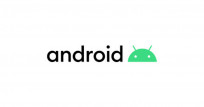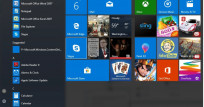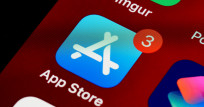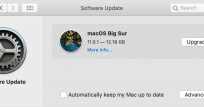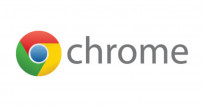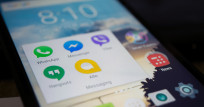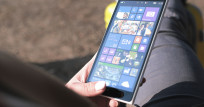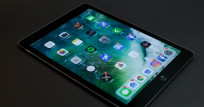Questions about Android
The Android operating system runs on 85% of all Smartphones used worldwide. But despite this monopoly position, this does not mean that something cannot go wrong with your Smartphone due to Android.
If you have any questions about Android or if you do not yet understand all the features, do not hesitate to call an Android specialist on TheONE. Find the most suitable profile and call directly via the live video connection to have all your questions answered. The first minute is free, and after that, you pay per minute as long as the call lasts.
The history of Android
Around 2005, the dominant companies of the time, such as Apple, Google, Microsoft, Nokia, HTC, Motorola and others, realized that mobile devices would replace traditional computers. Even though there were no Smartphones as we know them today, a battle began about who would provide the dominant operating system for these "mobile devices".
Microsoft was already dominant in the PC industry, Nokia controlled more than 70% of the mobile telephony market with its operating system Symbian and Windows was working hard on Windows Mobile. Not much was expected from Apple and HTC and Motorola had no ambitions to develop their own operating system.
Because of Nokia's strategy to bring new mobile devices onto the market at high speed, Symbian had to follow this strategy in order to constantly meet the new hardware requirements. As a result, there was little or no time and attention for the user interface, so the media criticized Symbian time and time again.
Google had to do something to stay meaningful
At that time, Google was the only one that did not play a role yet and theoretically would not have to play a role in the mobile device operating system market. However, as the No. 1 search engine, you don't want to surrender to Microsoft or give Nokia the chance to improve Symbian.
Knowing that most searches would eventually take place on a mobile device, Google would have to be used. If you then develop an operating system that can only be used with Google, you will guarantee the continued success of your income through searches. That was the reason for Google to introduce its own operating system on the market.
A few years before this strategic insight arose, four creative minds had founded a company called Android Inc. Rich Miner, Nick Sears, Chris White, and Andy Rubin wanted to create open-source software to make the camera of future mobile phones work better. They pitched their revolutionary software to various investors and their unique selling point was that the camera of the mobile phone was directly connected to a computer where the photos could be stored.
No investor saw the potential that made Android Inc. seize the opportunity and decided to develop a complete operating system. Google got in touch with the developments within Android Inc. and decided to incorporate the company in 2005.
The introduction of the T-Mobile G1
After 5 years of development, the last 3 years under the umbrella of Google, the T-Mobile G1 was launched in September 2008. With of course the now widely acclaimed Android operating system. Android 1.0 OS was born.
The device did not receive much praise from the media and could not compete with the months earlier successfully introduced the iPhone. But that was not the goal of Google. It was about Microsoft that had to be defeated.
Android 1.0 was already making good use of a number of Google services. Besides an HTML browser that was the predecessor of Chrome, Google Maps, YouTube, and the first version of the Android App store were integrated. This was then called Android Market.
Conspiracy against Microsoft
Google decided to make a big bet and persuaded many of its current partners not to work with Microsoft, but with Google and thus Android. HTC, Motorola and processor supplier Qualcomm all fell for "the charm" of the new open-source platform and thus put Microsoft outside the door.
Meanwhile, it turned out that Symbian, just like Nokia, had already been hopelessly lost, so the chance of success for Android became greater and greater. Nowadays Android has a market share of 85% within the Smartphone industry and is indispensable. Google has succeeded in its goal and despite the acquisition of Nokia in 2013, Windows is no longer a competitor. In this battle of the giants, the big winner is Google, but whether everyone is happy with the obtained power of this autocrat remains the question for some.
-
John SixiSoftware EngineerUS$ 0,08 pm
-
Baldino TronconeProgrammer analystUS$ 0,37 pm
-
Harrie van der LubbeCreative DeveloperFree
-
Konstantinos ChatziangelidisSoftware EngineerUS$ 0,39 pm
-
Nestor BonillaTech & social makerUS$ 1,13 pm
-
Hans AshtonSystemsAdministratorUS$ 0,78 pm
